
In searches of Palestinian homes, the IDF has discovered disturbing "family photos": One shows a Palestinian baby with a semiautomatic pistol and machine gun, and another shows a baby wearing a pretend explosives belt with red wires strapped to his waist.
The Palestinian media is a primary vehicle used to promote the martyrdom of children. In Sept. 2002, the PA renewed broadcasting of one of the most odious PA video clips, the "Farewell Letter." In the clip, a child writes a farewell letter to his parents, glorifying his desire to die, and then places himself in front of Israeli soldiers during a violent riot where he is shot and dies, achieving his goal. The words are sung: " For my country, I shall sacrifice myself... How sweet is Shahada
 [martyrdom]... Be joyous over my blood and do not cry for me." (source: IMRA.org)
[martyrdom]... Be joyous over my blood and do not cry for me." (source: IMRA.org) Another Palestinian Authority TV program clip, aimed at young viewers, features a boy killed in Gaza arriving in heaven where there are beaches, waterfalls, and a Ferris wheel. He is saying, "I am not waving goodbye, I am waving to tell you to follow in my footsteps." On the accompanying soundtrack, a song plays, "How pleasant is the smell of martyrs, how pleasant the smell of land, the land enriched by the blood, the blood pouring out of a fresh body."
Religious leaders also encourage the martyrdom of children. Sheik 'Ikrimi Sabri, the Palestinian Authority-appointed mufti of Jerusalem, declared: "I feel the martyr is lucky because the angels usher him to his wedding in heaven... The younger the martyr, the greater and the more I respect him." ("Al-Ahram Al-Arabi" - Oct. 28, 2000)
Parents are also portrayed in Palestinian society as supporting their children's death. "Al-Ayyam" newspaper quotes a mother who encouraged her sons to sacrifice themselves for Palestinian beliefs:
"The danger of injury to the boy Tzabar Ashkaram, 18, paralysis and permanent disability, just added to his mother's determination to encourage her sons to participate in the intifada riots... the fact of his injury by a live bullet did not cause her to mourn. She said she had previously lost her older son, Iyyad." (Nov. 1, 2000)

Another Palestinian mother was quoted in the London Times: "I am happy that [my 13-year-old son] has been martyred. I will sacrifice all my [12] sons and daughters to Al-Aqsa and Jerusalem."
BBC broadcast a video of a proud Palestinian mother embracing her son and sends him proudly on his way to kill Jews. "God willing you will succeed," she says. "May every bullet hit its target, and may God give you martyrdom. This is the best day of my life."
(All this makes one wonder about the sanctimonious pronouncements of Palestinian spokeswoman Hanan Ashrawi who, when asked about the Palestinian Authority dispatching children into battle with Israeli soldiers, angrily turned on her interviewer:
"They're telling us we are ― we have no feelings for our children? We're not human beings? We're not parents? We're not mothers or fathers? This is just incredible. I sometimes I say I don't want to sink to the level of responding, or proving I'm human. I mean, even animals have feelings for their children." ("60 Minutes," October 24, 2000)

Encouraging children to martyrdom extends into Palestinian classrooms and textbooks as well. Palestinian Brig. Gen. Mahmoud M. Abu Marzoug reminded a group of 10th grade girls in Gaza City that "as a martyr, you will be alive in Heaven." After the address, a group of these girls lined up to assure a Washington Post reporter that they would be happy to carry out suicide bombings or other actions ending in their deaths. (Washington Post - April 24, 2002)
Ramahan Sahadi Abed Rabbah, 13, when asked why he participated in clashes with soldiers, was quoted in "Al-Hayat" as saying, "My purpose is not to be wounded but something more sublime ― martyrdom." (Nov. 8, 2000)
The problem has infested all parts of Palestinian society. Suicide bombing is considered a source of neighborhood pride, as streets are named after the perpetrators of these atrocities. Signs on the walls of kindergartens proclaim their students as "the shaheeds [martyrs] of tomorrow." Some children draw pictures and fantasize about the day when they achieve their goal.

"When I become a martyr, give out Kannafa [sweet cake]," one 14-year-old boy was reported to have told his friends in the days prior to his death in the riots. A 12-year-old boy who died in the fighting was reported to have so yearned for martyrdom that he wrote his own death announcements on the walls of his home.
Under these cultural influences, many children readily admit that they want to become suicide bombers. In June 2002, a documentary on PA television presented a survey conducted by Dr. Fatsil Abu Hin, a lecturer in psychology in the Gaza Strip. He interviewed 996 children between the ages of nine to 17. Ninety percent expressed their desire to participate in intifada activities, and 73% expressed a desire to become martyrs.
"Muslim Fun," a CD-ROM produced in the UK, includes a game called "The Resistance" in which "you are a farmer in south Lebanon who has joined the Islamic Resistance to defend your land and family from the invading Zionists." The Islamic Fun Web site recommends the game for children ages five and up and says: "Your child will learn about Islam by playing lots of exciting games, full of colourful animations and cute sounds effects."
Palestinian children at the Balata camp have thrown away their Pokemon cards in favor of necklace-pendants with pictures of Palestinian suicide bombers. The children spend their meager allowances to collect and trade them, hunting for prized martyr pictures like a vintage baseball card.
One Palestinian parent told the Toronto Star (June 17, 2002):
"I opened my son's closet and found it full of martyrs posters and necklaces. I said to him... 'Ultimately, you'll be rewarded with your picture hanging from a necklace, and we will have lost a son.'"
"These children are convinced that martyrdom is a holy thing, something worthy of the ultimate respect," said Munir Jabal, head of a Balata teachers association. "They worship these pictures. I think it will lead them in the future to go out and do the same thing."

Weiner reports that another reason Palestinian parents allow and even encourage their children to get involved is the financial incentive offered to families of "martyrs." Thus, the Palestinian Authority furnishes a cash payment ― $2,000 per child killed and $300 per child wounded. Saudi Arabia announced that it had pledged $250 million as its first contribution to a billion-dollar fund aimed at supporting the families of Palestinian martyrs.
In addition, the Arab Liberation Front, a Palestinian group loyal to Iraqi President Saddam Hussein, pays generous bounties to the injured and the families of the dead according to the following sliding scale: $500 for a wound; $1,000 for disability; $10,000 to the family of each martyr; and $25,000 to the family of every martyr suicide bomber ― lavish sums, given the chronic unemployment and poverty of the majority of the Palestinian residents of the West Bank and Gaza Strip.
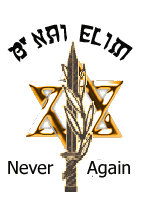














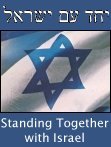

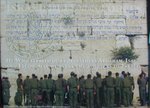

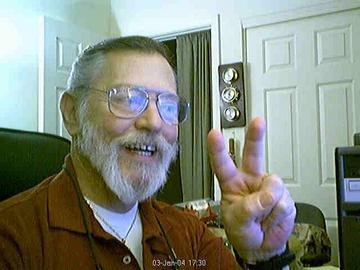





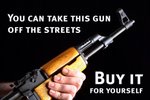
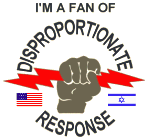




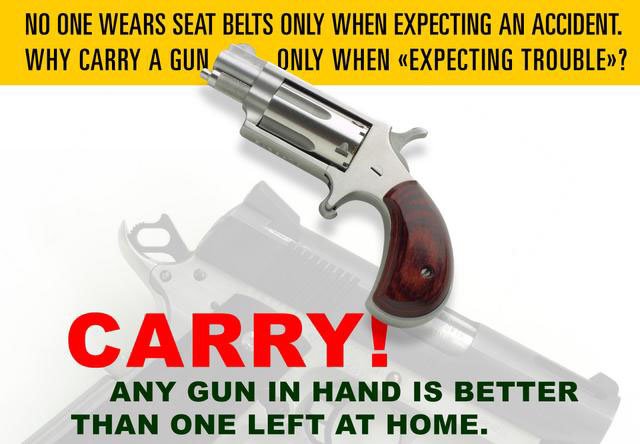
 While doing IDF (Israel Defence Forces) reserve duty on a mountain overlooking the
While doing IDF (Israel Defence Forces) reserve duty on a mountain overlooking the 

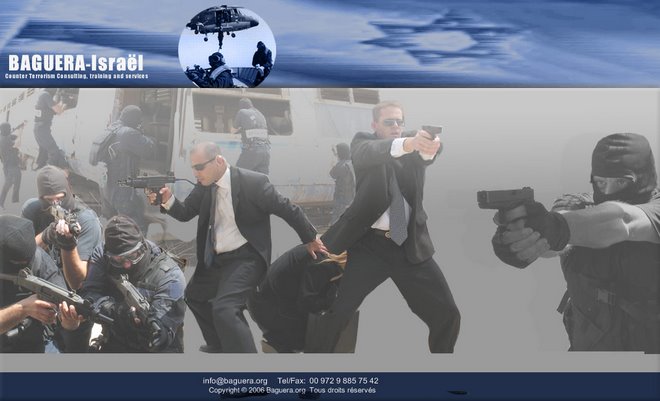



No comments:
Post a Comment